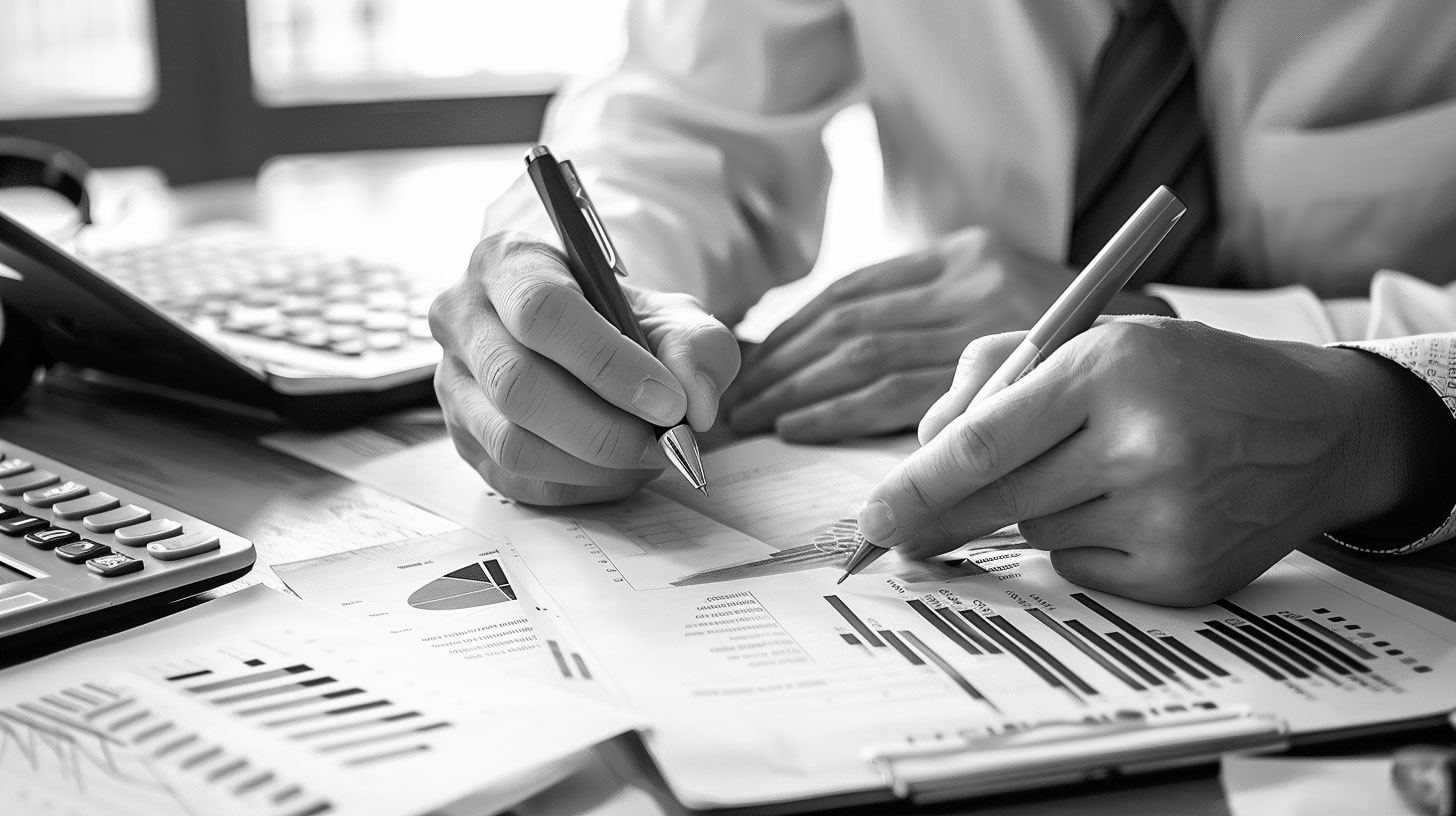Mali, a vast landlocked country in West Africa, is renowned for its rich cultural heritage, dynamic traditions, and historical prominence. Its landscape is as diverse as its people, ranging from the rolling sand dunes of the Sahara in the north to the fertile banks of the Niger River in the south. Despite these awe-inspiring attributes, Mali has been grappling with prolonged political instability that presents significant challenges to businesses operating within its borders. However, the story of business resilience in Mali showcases the indomitable spirit of its people and their innovative approaches to overcoming adversity.
The Malian Business Environment
Before delving into the strategies of business resilience, it’s essential to understand the state of the Malian economy. Agriculture remains the backbone of Mali’s economy, employing the majority of the population. The primary agricultural products include cotton, millet, rice, and livestock. Mali also possesses significant mineral resources, particularly gold, which is a major export. The country is the third-largest gold producer in Africa, after South Africa and Ghana. However, the business landscape is often fraught with challenges such as infrastructure deficiencies, limited access to finance, and erratic supply chains.
Political Instability: An Ongoing Challenge
Since the 2012 coup d’état, Mali has faced continuous political instability characterized by conflicts with Tuareg rebels, jihadist insurgencies, and intermittent changes in government. This turbulence has had severe repercussions on the business climate, deterred foreign investments, and disrupted normal economic activities. Security concerns have led to frequent road blockades and sporadic outbreaks of violence, further dampening business operations.
Strategies for Business Resilience
Despite these obstacles, businesses in Mali have exhibited remarkable resilience. Some of the key strategies they employ include:
1. Diversification and Flexibility: Businesses have adopted diversification strategies to mitigate risks associated with political instability. By diversifying their product lines and markets, companies reduce their dependency on any single segment, thereby cushioning themselves against sector-specific disruptions.
2. Leveraging Technology: Digital transformation has taken center stage in Mali’s business environment. With the rise in mobile phone penetration, businesses have turned to mobile banking and e-commerce platforms to maintain transactions and reach customers even during periods of unrest. Mobile money services, like Orange Money, have become critical in ensuring financial inclusivity.
3. Community Engagement and Social Responsibility: Businesses have recognized the importance of maintaining good relations with local communities and stakeholders. By investing in local communities, companies not only secure their social license to operate but also create a favorable environment for sustainable business practices.
4. Strong Leadership and Governance: Effective leadership is key to navigating the challenges posed by political instability. Businesses with robust governance frameworks and proactive leadership are better equipped to anticipate risks and develop contingency plans.
5. Partnerships and Collaboration: Collaborating with local and international partners helps businesses pool resources and knowledge. Partnerships with non-governmental organizations and international bodies also provide support in building resilience and ensuring continuity.
Government and International Support
Recognizing the critical role of a stable business environment in national development, both the Malian government and international entities have been taking steps to bolster business resilience. Initiatives aimed at improving infrastructure, enhancing security, and providing financial assistance to small and medium enterprises (SMEs) are part of these efforts. The World Bank, for instance, has been involved in various projects aimed at supporting economic stability and growth in Mali.
Conclusion
Despite the formidable challenges posed by political instability, businesses in Mali continue to demonstrate resilience and resourcefulness. Through diversification, technological adoption, community engagement, strong governance, and strategic partnerships, they are navigating the precarious landscape and laying the groundwork for a more stable economic future. The story of business resilience in Mali is a testament to the entrepreneurial spirit and adaptability of its people, serving as a beacon of hope in the face of adversity. As Mali continues its journey towards political stabilization, the resilient business sector stands as a pillar of strength and a critical driver for the nation’s eventual prosperity.
Suggested Related Links
For more insights on building business resilience in Mali amidst political instability, you may find the following link helpful:
The World Bank provides extensive resources and updates on economic development, business environments, and resilience strategies in various regions including Mali.
For broad perspectives and additional data:
International Monetary Fund (IMF)
The IMF offers comprehensive reports and expert analysis on the economic circumstances and fiscal policies that impact business resilience in politically unstable areas.
For regional strategies and support systems:
African Development Bank (AfDB)
The AfDB focuses on fostering sustainable economic growth and social progress in African nations, with specific programs to help businesses navigate political challenges.
For global emergency and crisis management resources:
United Nations Development Programme (UNDP)
UNDP supports countries in developing robust systems to withstand and recover from crises, including those related to political instability.
For country-specific business advice and investment opportunities:
Africa.com offers a wide range of information on business climates, investment opportunities, and development stories from across the continent.
For business training and resilience planning:
The WEF provides platforms for stakeholders to discuss and plan for resilient business practices in the face of political instability and other global challenges.
